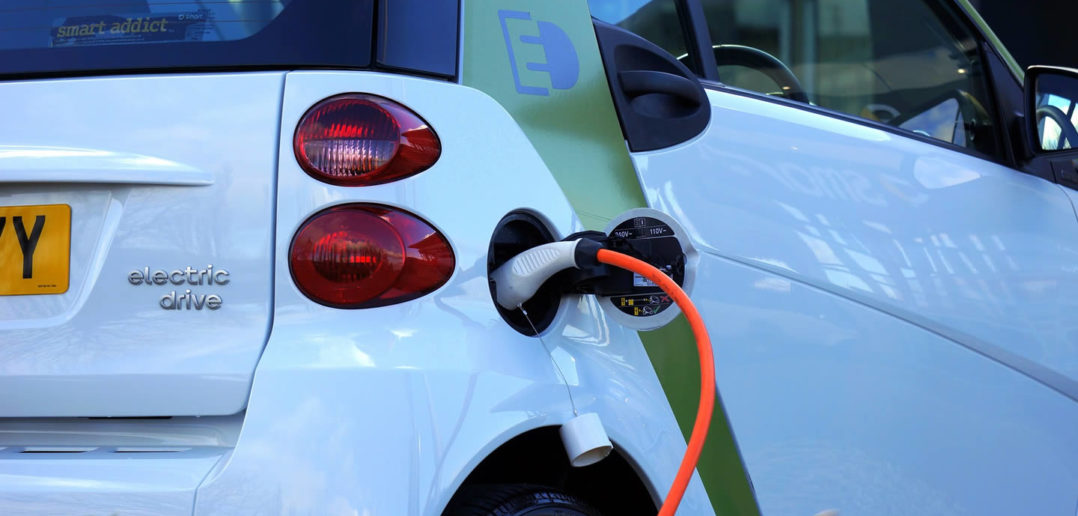Electric vehicles are the future of transport. As UK cities drive towards net-zero goals, the popularity of electric vehicles continues to soar. Some motorists upgrading to electric cars and others choosing other forms of transport like electric scooters or e-bikes to make short urban journeys. However, the most rapid progress is occurring in the delivery and courier sector and firms move to make last mile deliveries emission-free.
Transport is responsible for a significant proportion of the UK’s carbon emissions, and as people continue to shift their spending habits online this proportion was set to grow. However, to combat their environmental impact a number of delivery and courier firms have started to introduce a variety of electric vehicles to their fleets, from electric vans to bikes. Amazon alone, has ordered over 100,000 electric vans from start-up EV manufacturer Rivian, and other logistics firms are following suit. Some firms, like CitySprint, have gone further by not only increasing the number of electric vehicles in their fleets, but also offsetting the carbon emissions of their petrol and diesel-powered vehicles to make their operations entirely carbon neutral, whether that is for standard or even same-day deliveries. The last mile for deliveries, which has traditionally been one of the more environmentally detrimental stages of getting products from a factory to your door, could fast become the least polluting section of the journey.
Much ink has been spilled over the environmental impact of the consumer change in behaviour, with more and more people choosing to get their shopping delivered instead of making a trip to the store themselves. Some have claimed that this change has had a negative impact on the environment, but the reality is less black and white. The early push towards next-day delivery may have had a detrimental impact on the environment as a fossil-fuel powered van delivering one or two items to an address replaced a shopping trip where a consumer may have bought a host of other items. However, today, as people do more of their shopping online they have the opportunity to buy more items at once to save on delivery trips and reduce the carbon footprint of their purchases. And if the last mile delivery is made by electric van or electric bike, then this would be a significant improvement compared to a family shopping trip in a petrol-powered car.
A recent study by researchers from Radboud University and published in the journal Environmental Science & Technology, found that without the change to electric vehicles, ordering online from a local store for delivery had the lowest environmental impact, but as delivery companies move to an EV-powered future, one of the researchers told Scientific American that moving to an all-electric delivery fleet “could reduce the last-mile transport footprint by 42 percent and the total footprint by 26 percent in the UK”.



